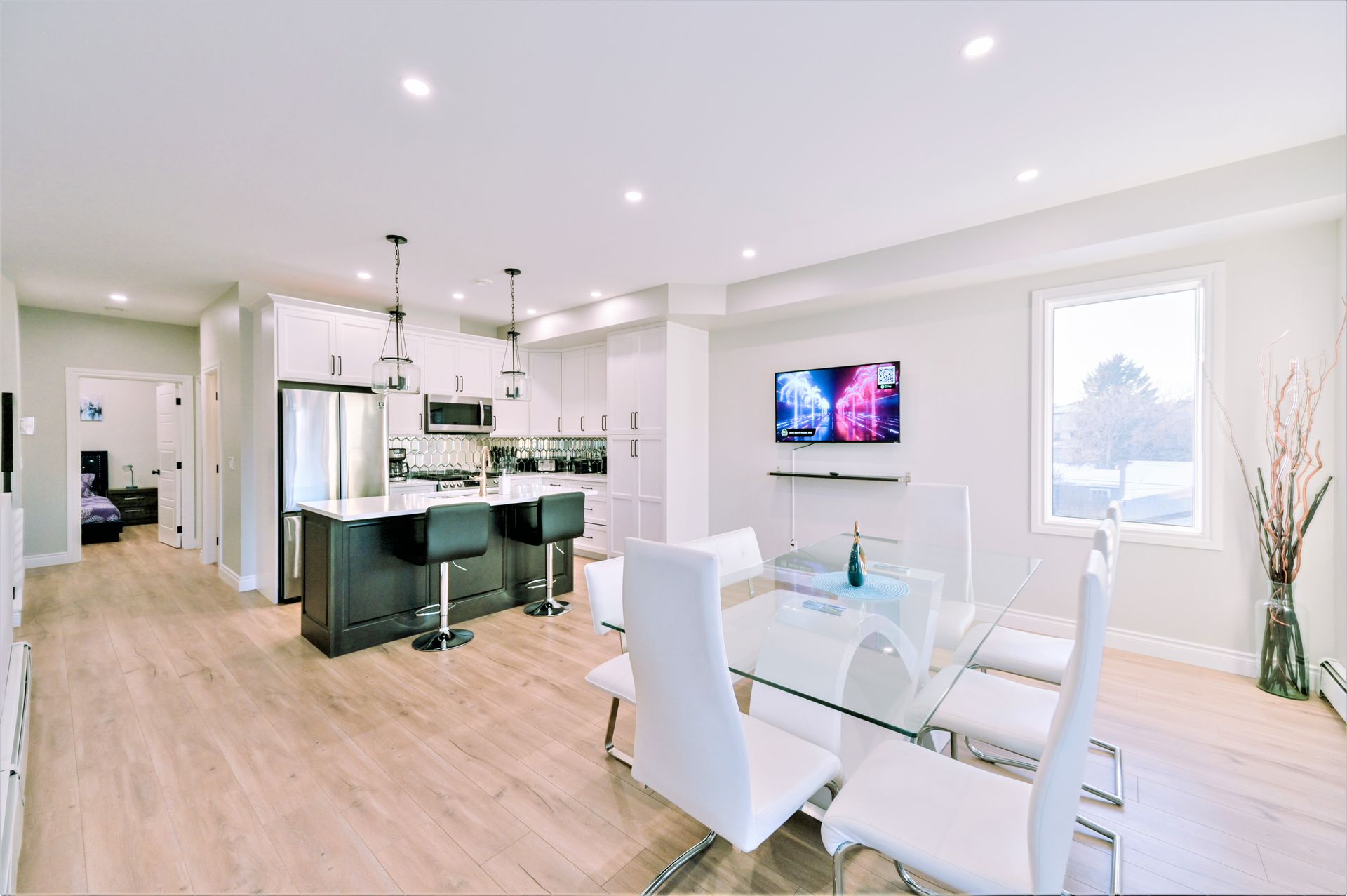What is a Short Term Rental (STR)?
Discover the new age of rental properties

We live in a world of constant change, where it appears that almost every day there is a new trend appearing or some new wave of technology popping up that is changing the way we live. This holds true for so many areas of life - whether it be the constant uploads to TikTok and Instagram that have such a drastic social influence on our culture, or the perpetual change of political policies that shape our economy and the way we interact with each other and our government. Yes, the change is imminent, and over the last five years the same has never been more true for the real estate market.
When it comes to the real estate industry and the rental market in particular, typical residential rentals have always consisted of a one year lease. Perhaps a two or three year lease could be negotiated, or even a six month lease, but those have always been the standard period lengths in which tenants have been able to rent property. This all changed with the emergence of Short Term Rentals (STRs).
Ten years ago a platform called Airbnb sprung up out of San Francisco, California. It all started when some roommates found themselves short on rent, one of their friends walked out on their lease which left them short one person, but it also left an available bedroom open. The group decided to put an air mattress in the bedroom and advertise the room for rent. After the first month they made enough off of that one bedroom to cover their entire monthly rent! You could say this was the “lightbulb” moment that would go on to have a remarkable impact on rental markets all over the world.
STRs have essentially been around for nearly 20 years with various homeowners privately renting out their home for weeks at a time, but in the last 5-10 years platforms like Airbnb and Vrbo have taken off and have been continuing to grow in popularity and demand. STRs are classified as any property that is rented for 28 nights or less. Although the general classification falls below 28 nights, homeowners also have the option to rent for a period longer than that as well. This means that tenants (more commonly referred to as guests in the STR space) can now rent a home for one night, seventeen nights, 43 nights, or any other amount of time that they need! This paradigm shift has altered not only the way that renters search for properties to stay at, but also the way that homeowners can choose to manage their property and take control of their investment.
With a typical long term rental, the landlord and tenant will agree to a one year lease with a fixed amount of rent due each month. Once the tenant takes possession it is almost as if they temporarily own that space – the landlord must schedule ahead of time with the tenant just to view the condition of their property, and if the tenants turn out to be a headache for the landlord or surrounding neighbours it is extremely difficult to evict them.
With a short term rental however, the landlord would be able to maintain control of their property. Instead of a lease agreement with a tenant, the landlord would have reservations with guests. The average reservation length for STRs is roughly five nights long; this means that after the five night reservation is complete, the guests have left the property which then allows the landlord to inspect, clean, and ensure their property is still in pristine condition. If there does happen to be any damage then either the guests or the rental platform would reimburse any costs to repair damages, although these scenarios are extremely rare. This maintains the value of the property significantly longer than with long term rentals, but that’s not even the best part.
When guests reserve a home for a few nights compared to a full year, the rate in which they rent it at is significantly higher. Let’s take a 1 bedroom 1 bathroom condo unit for example: The current long term rental amount for a unit that size is about $1200/month. As a STR, the same unit would rent for an average of $85/night at roughly 90% occupancy (27 nights per month) – that comes out to $2295/month! These numbers only continue to get bigger with larger properties.
It’s quite evident to see why so many landlords have decided to convert their rental properties into a STR. Higher returns on any investment is always the goal, and when it comes to real property, if you can maintain the value of that property while continuing to maximize your returns, why wouldn’t you?
Empire Estates is a division of RSL Empire Inc, and we’ve been managing STRs for years. We don’t just manage our own rentals, we specialize in managing properties for home owners who want to make the shift to the short term rental market. We understand these types of rentals require more time and expertise, but that’s why we’re here. Our short term rental management operations are currently based here in Canada as well as in the USA, where we continue to expand and build new relationships every day.
If you’d like to make the switch with your rental property, or if you simply have some questions, please feel free to contact us. Our team is always looking to expand our portfolio and work with new landlords who want the most from their investments. So give us a call today, we look forward to hearing from you!


